Author: Angus Colovic, University of Adelaide
What constitutes a ‘national security issue’ is a never-ending debate. Some may see the distinction in sector — armament management, regional defence, and sovereignty matters. Unfortunately, in a world rife with insurgencies, tacit influence and coercive diplomacy, some issues tend to get swept under the rug. ‘
Broadly, national security issues arise when there is a threat to the welfare of a country’s people due to external interference. The fine details matter here. Differing definitions of ‘threat’, ‘interference’ and ‘welfare’ alter the parameters of discussion substantially. What lies within the purview of defence is temporal, and debatable. Arguably, the largest activities relevant to Australian interests that reside in this ‘grey zone’ are our international trade relationships. To arbitration on these matters, we must turn to the World Trade Organisation.
Suppose one of our minor trading partners enforces a halt on cheese imported from Australia after detecting a pathogen in a shipment. Perhaps their agriculture specialists cite sanitary breaches to the WTO; a justifiable concern. While we might see some minor impacts on our dairy industry, we hardly consider this a national security issue. The impact is minimal, and the reasoning is plausible.
But what if they were a major wine importer? What if we doubted the sincerity of their claims, or they were incentivised to disguise their intents? Which, if any, of these factors nudge us into the realm of national defence?
This is not black and white. The impact of the WTO’s Dispute Settlement Body (DSB) rulings can vary from harmless to agonising. Following WTO intervention over the recently concluded 16 year civil aircraft dispute between the EU and US, punitive tariffs were authorised affecting a total of 11.5 billion dollars of trade, resulting in 3.3 billion dollars in duties paid by EU and US businesses. Importantly, resolutions such as these rarely depend on proving malicious intent. The measures need only be found justifiable within the legal framework of the DSB.
Yet there are intuitive constraints on how broad a response can be to such situations. Engaging in a trade dispute, especially in Geneva, tends to pile on the litigation costs. Even if a country is reasonably confident they are in the right, it simply might not be worth their time.
Unfortunately, WTO members rarely seem to engage in dispute settlement with a purely quantitative view, instead erring on broader domestic and foreign policy implications. Perhaps an important election is on the horizon and a benign show of force is desired. Industry lobbyists might be pressuring policy-makers to vie for improved terms-of-trade. These issues, among many others, have plagued the WTO since its inception.
This materialised in December 2019, when the United States blockaded the reappointment of a South Korean judge to the WTO Appellate Body, effectively paralysing the dispute settlement process. This was not a rouge action by Trump, but the culmination of a decade of US foreign policy implemented to counter Chinese export practices. Under Obama, between 2009 and 2017, the US initiated 25 disputes with the WTO, of which 16 were against China. The widening fissure between the two countries was becoming increasingly plain.
For relatively small economies such as Australia, none of this is good news. The increasingly politicised setting of disputes has undermined the core reason for the DSB’s existence — to provide an impartial playing field for member-states, of all sizes, to resolve their trade conflicts. In this respect, the WTO has utterly failed in their mission over the last 3 years. They have been systematically bullied into dysfunction by greater powers.
The long-running trend of Australian policy towards the WTO has very much been to bolster its authority and to support its continued operation. This reliance can hardly be condemned. In the face of far more dominant trade powers, what other recourse is there? Not to mention, as a small open economy, we have relatively more to gain from unfettered trade than our larger counterparts.
It is important to note the past successes of the WTO or its predecessor should not be discounted. It has been a century since there was a real threat of protectionism destabilising world order. Since the 1940s, both the GATT and WTO had proven capable of handling the disputes that undermine trade negotiation. The ceaseless push for liberalisation has significantly boosted trade and reduced barriers in developed and developing countries alike, resulting in material gains for billions. Yet we must focus on the future.
There needs to be a measured increase in recognition by defence professionals on the ‘grey zone’ issues we now face. The WTO is our lifeline to participation in a stable, multilateral, rules-based order to global trade. In evaluating its ability to properly function and serve our interests, we must be realistic, attentive, and cautious.
On a hopeful note, few seem to have surmised the state of the WTO better than the newly-appointed Director-General herself, who stated that ‘The WTO needs to be reformed and re-branded… because it’s been stagnant and paralysed for some time… there’s a very great desire to reform the dispute settlement system with the appellate body’.
Angus Colovic is currently undertaking his Masters in Advanced Economics at The University of Adelaide.
